Chickens in Iowa City
Karen Pease
15 years ago
Related Stories
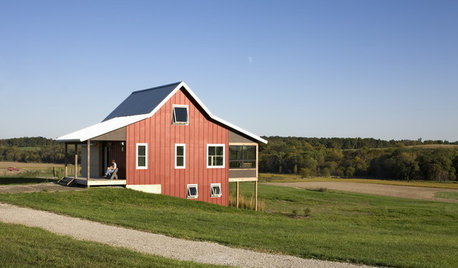
HOUZZ TOURSHouzz Tour: Contemporary Country Charm in Iowa
Limited square footage is offset by flexible design, careful planning and an expansive outdoor landscape
Full Story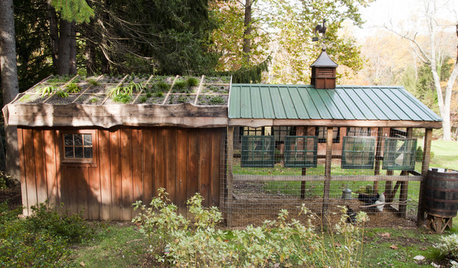
FARM YOUR YARDHouzz Call: Show Us Your One-of-a-Kind Chicken Coops
Do you have a fun or stylish backyard shelter for your feathered friends? Post your pictures and stories in the Comments!
Full Story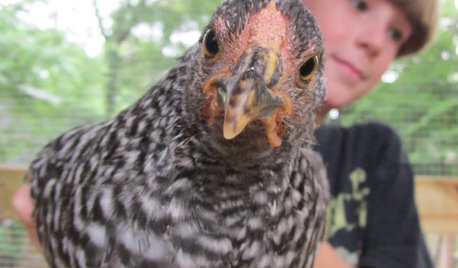
FARM YOUR YARD4 Farm-Fresh Chicken Coops in Urban Backyards
These Atlanta henhouses are worth crowing about for their charming, practical designs
Full Story
GARDENING AND LANDSCAPINGBackyard Living: The Scoop on Chicken Coops
Perk up your morning with fresh eggs and chickadee clucks when you build a chicken coop in your own yard
Full Story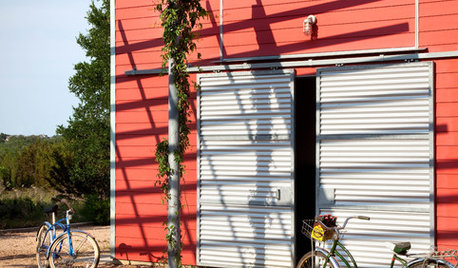
LIFEEasy Green: Country vs. City for Ecofriendly Lifestyles
Urbanites, take heart: You've got some green advantages over your country cousins
Full Story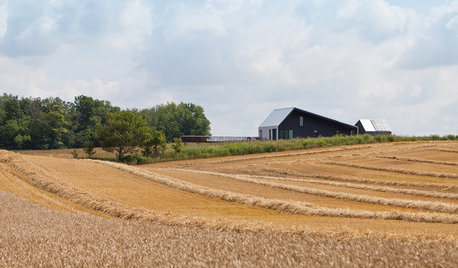
GREEN BUILDINGOff the Grid: Ready to Pull the Plug on City Power?
What to consider if you want to stop relying on public utilities — or just have a more energy-efficient home
Full Story
DECORATING GUIDES23 Ways to Put Your Home in Hipster City
Be one of the cool kids no matter what your age, with these tips for giving your home a creative, colorful or edgy vibe
Full Story
GARDENING AND LANDSCAPINGRaise Backyard Chickens Without Ruffling Neighbors' Feathers
Before you build a coop in the backyard, follow these strategies to help keep your neighbors from squawking
Full Story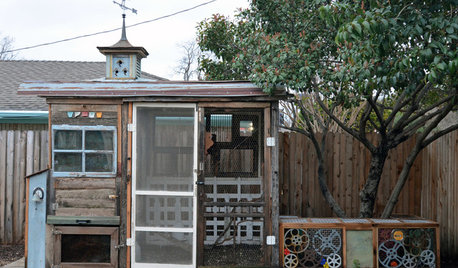
OUTBUILDINGSQuirky Meets Practical in a Dallas Chicken Coop
These hens have a stylish backyard coop built from recycled materials
Full Story
FARM YOUR YARDCollecting Rainwater and Eggs From a California Chicken Coop
See how a butterfly roof helps a hen home’s design soar into double-duty territory
Full Story





tannabanana
Karen PeaseOriginal Author
Related Professionals
Accokeek Landscape Architects & Landscape Designers · Manhattan Beach Landscape Architects & Landscape Designers · Wixom Landscape Architects & Landscape Designers · Allentown Landscape Contractors · Crystal Landscape Contractors · Fort Mill Landscape Contractors · Lake Saint Louis Landscape Contractors · Madera Landscape Contractors · Northport Landscape Contractors · Pomona Landscape Contractors · Westchester Landscape Contractors · Arbutus Decks, Patios & Outdoor Enclosures · Bellevue Decks, Patios & Outdoor Enclosures · Boston Decks, Patios & Outdoor Enclosures · Estero Decks, Patios & Outdoor Enclosuresiowa50126
tannabanana
greenmulberry
javern
715rose